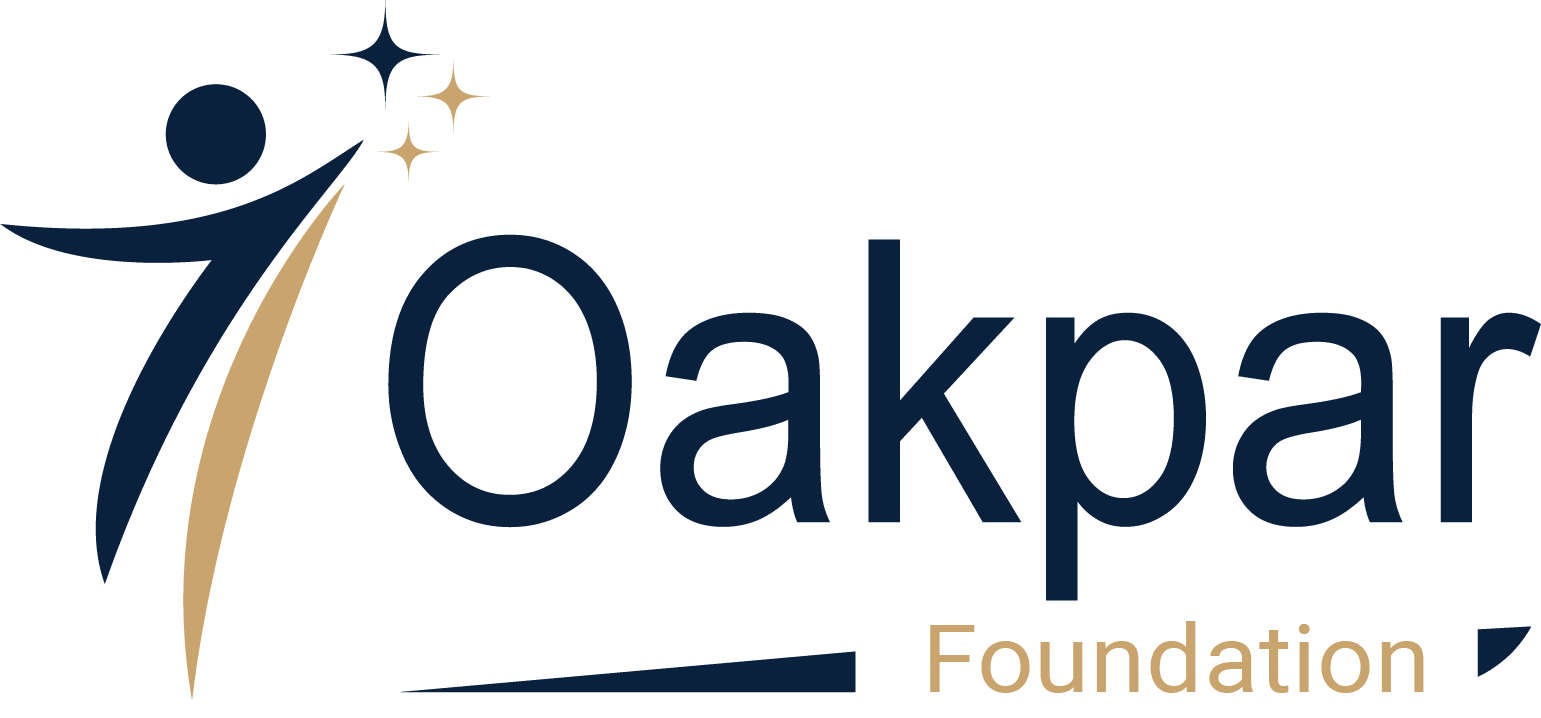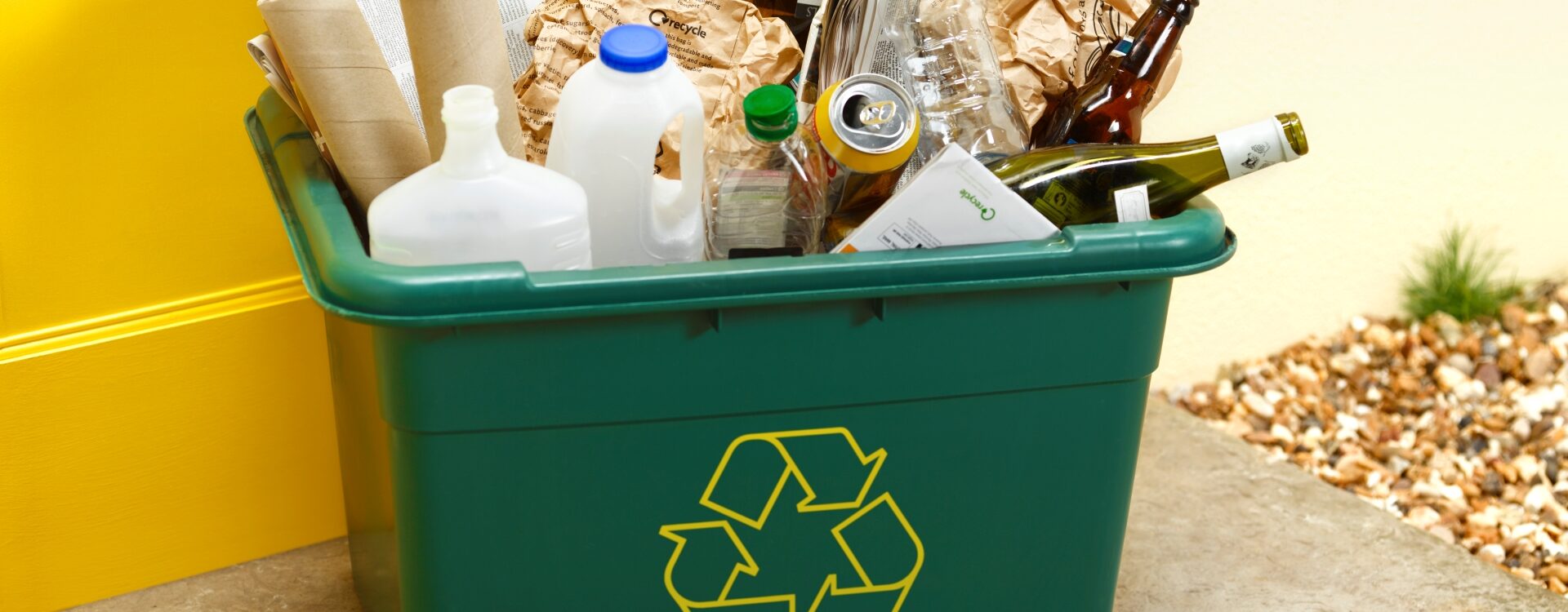The production of solid waste in Brazil is an increasingly worrying problem, which has aggravated the environmental and social impacts. According to information from the Brazilian Association of Public Cleaning and Special Waste Companies, in the year 2022 the total production of garbage in the country was 81.8 million tons, a significant increase of more than 20 million tons compared to the year 2019 .
This increase in solid waste production is directly related to population growth and the consumption of goods, which generate large amounts of packaging and disposable materials. The low collection rate and inadequate disposal of solid waste are critical problems for the country, as approximately 44% of solid waste generated is collected by municipal management, according to data from the Brazilian Institute of Geography and Statistics (IBGE – original acronym in Portuguese) .
Improper disposal of solid waste generates environmental problems, such as soil and water contamination, and social consequences, such as increased inequality. Control and education actions for conscious consumption are necessary – and urgent – in this scenario of demographic expansion and consumption.
Improper Disposal, Consumption of Natural Resources and Emission of Greenhouse Gases
The production of solid waste in Brazil is an environmental problem of great magnitude, which has negative consequences for the environment and for people's quality of life. The significant increase in waste production in 2022 overloads the management capacity of public bodies, generating a series of environmental problems.
One of the main problems related to the production of garbage in Brazil is the inadequate disposal of solid waste. Only about 44% of the waste generated is collected and sent to suitable locations, while the rest is disposed of in inappropriate locations, such as landfills and controlled landfills, which causes serious environmental impacts. Soil and water contamination is one of the main negative effects of inadequate waste disposal, which can harm the health of people and ecosystems.
Another environmental problem related to the production of waste is the high consumption of natural resources that occurs in the manufacture of products that become disposable in a short time. This leads to an increase in the extraction of raw materials, often in areas of environmental preservation, in addition to generating a large amount of waste that cannot be recycled.
Waste production also generates greenhouse gas emissions such as methane, which contribute to global warming and climate change. The decomposition of organic waste in landfills is one of the main sources of methane emissions in Brazil, which is a highly harmful gas for the environment.
Proper solid waste management is a challenge for Brazil, which needs to adopt effective measures to reduce waste production, promote recycling and properly dispose of waste. The increase in selective collection and recycling of materials are important measures to reduce the amount of waste disposed of inappropriately and to promote environmental sustainability.
Reverse Logistics: Companies Engaged in the Waste Disposal Solution in Brazil
Currently, there are several companies in Brazil and around the world that are adopting reverse logistics as part of their business strategies. Reverse logistics is an essential tool for companies that wish to minimize the environmental impacts of the production of goods and services and, in Brazil, Natura is an example of a company that has stood out for its efforts to invest in reverse logistics programs.
One of these programs is Elos, which was created in 2007. This program aims to study and implement actions to improve the life cycle of Natura's packaging and products, in order to reduce the environmental impact of these materials throughout the entire process. , from production to disposal. The company regularly invests in recycling technologies, such as the recycling of post-consumer plastic packaging and the use of biodegradable materials in its products.
In addition to the Elos program, Natura also developed the Give a Hand to the Future program, which aims to strengthen and professionalize recycling chains in Brazil. The program works in partnership with cooperatives and associations of collectors of recyclable materials, offering training and support to improve the management of these organizations. The program also operates in environmental education, making the population aware of the importance of separating and correctly disposing of solid waste.
These Natura initiatives proved to be effective in reducing the environmental impact of its products and packaging. According to data released by the company, in 2022, 92% of Natura's post-consumer plastic packaging were recycled, preventing 3,500 tons of waste from being sent to landfills. In addition, the Give a Hand to the Future program has already trained more than 2,000 collectors throughout Brazil and contributed to the development of more than 40 recycling cooperatives.
The Future of Business Management Is in the Circular Economy
Circular economy is a business model based on the premise of reusing materials, with the aim of reducing the environmental impacts generated by waste disposal.
This model seeks to create a more sustainable production and consumption cycle, considering all stages of manufacturing a product, from the extraction of natural resources to disposal. Some practices include:
– the reuse of materials;
- the recycling;
– composting;
– the repair of products;
– replacement with lower impact products;
– and the use of renewable energy.
The circular economy also encourages conscious consumption, which means that consumers must be aware of the environmental impacts of their consumption habits in order to make them more efficient and sustainable. In addition, this economy also seeks to promote shared responsibility among members of the production chain, giving everyone involved the responsibility of contributing to more sustainable production.
Some companies are already adopting the circular economy as part of their business strategies. Among them is Philips, which created the Deco program, which aims to collect, recycle, reuse materials and manufacture new products from the recycling of old materials. The program encourages consumers to send their old products for recycling, which helps to reduce their environmental impact.
In addition, Philips also encourages conscious consumption, encouraging consumers to repair their products before throwing them away. Through the program, you can easily find information about material disposal and product recycling, as well as repair tutorials. Through the Deco program, Philips also has the possibility to reuse used materials, using them in the manufacture of new products. In this way, the company contributes to the preservation of natural resources, reducing the use of new materials to manufacture its products.
Companies that adopt the circular economy seek a more integrated and holistic management, which takes into account the entire life cycle of the products and materials used in their operations. This involves collaboration between different sectors, suppliers and consumers, as well as the adoption of more efficient technologies and processes.
In addition to the environmental benefits, the circular economy can also bring economic and competitive advantages for companies. The reuse and recycling of materials can generate new business opportunities, such as the production of new products from recycled materials and the adoption of the circular economy, which also reduces operating costs and increases the efficiency of production processes.
It is increasingly evident that the future of business management lies in the circular economy. Companies that adopt this model are positioning themselves strategically and sustainably in relation to the market and society's demands for more conscious and responsible production.




